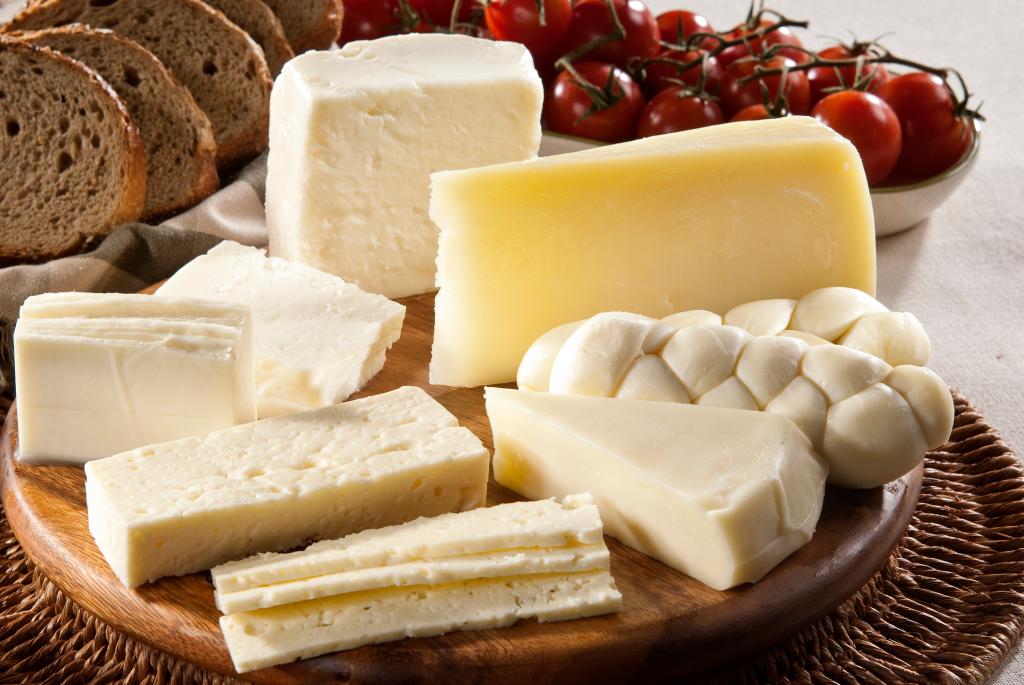Pizza can actually be heart-healthier than many people think, particularly when it comes to the cheese used as a topping. Cheese is often avoided due to its high levels of saturated fat and sodium, which can increase the risk of heart disease. However, Dr. Cheng-Han Chen, a board-certified interventional cardiologist, explained that cheese can be part of a heart-healthy diet as long as the right type is chosen and consumed in moderation. The key is to select cheeses that are not too high in saturated fat and sodium.
One of the best cheese options for heart health is mozzarella. It is a good source of protein and calcium, as well as containing probiotics that benefit gut and immune health. Fresh mozzarella is lower in saturated fat and sodium compared to other cheeses, making it a healthier choice. The USDA reports that one ounce of mozzarella cheese contains 6.29 grams of protein, 143 milligrams of calcium, 138 milligrams of sodium, and 3.94 grams of saturated fats. This means that mozzarella is a good option for promoting good bone health and reducing the risk of cardiovascular disease.
It is important to be mindful of the sodium content of mozzarella cheeses, as it can vary between products. Consuming too much sodium can increase blood pressure and have other negative health effects, so it is essential to check nutrition labels before purchasing. In general, overly processed and manufactured cheeses, like American cheese, should be avoided or at least minimized in the diet. These types of cheeses tend to be very high in saturated fat and sodium, making them less heart-healthy options.
When focusing on heart health, it is recommended to opt for foods that are high in fiber, low in saturated fat, and low in sodium. Highly processed foods are generally less healthy, so it is beneficial to choose whole and minimally processed foods whenever possible. While cheese can be part of a heart-healthy diet when chosen wisely, it is also important to balance it with other sources of protein and calcium, such as lean meats, yogurt, beans, and leafy greens. By paying attention to the nutritional content of foods and making informed choices, it is possible to enjoy cheese in moderation while still supporting heart health.


